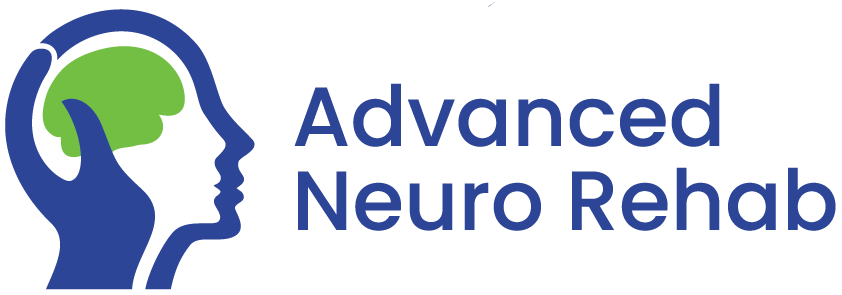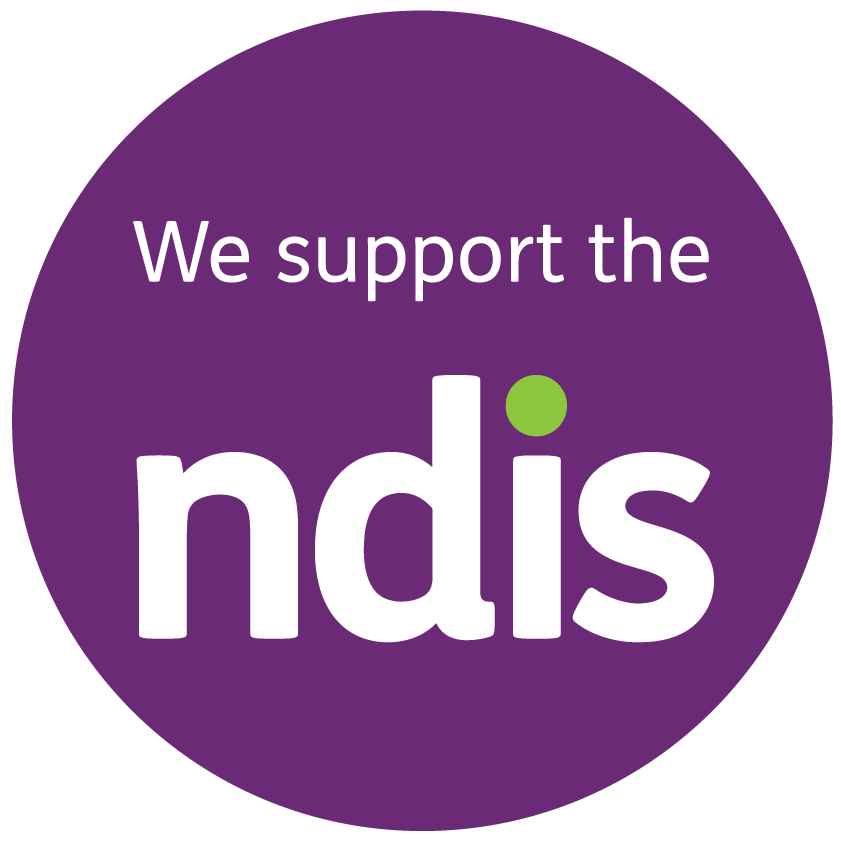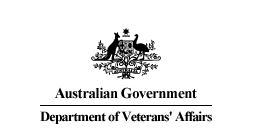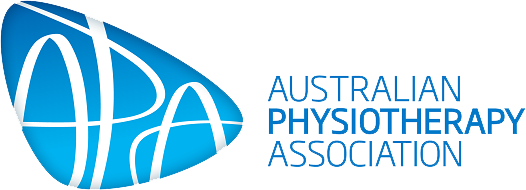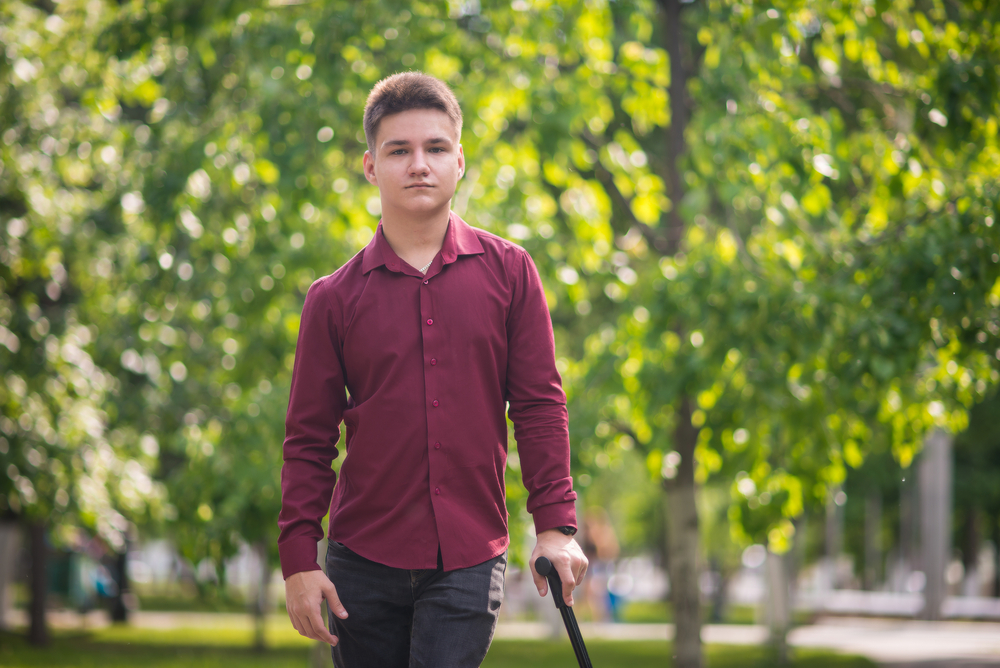
Neurological Physiotherapy
Hereditary Spastic Paraparesis (HSP)
Hereditary Spastic Paraparesis (HSP) is a group of inherited, degenerative neurological disorders that affect the upper motor neurons. These are areas in the brain and spinal cord that deliver messages to the motor neurons which then deliver messages to the muscles. In HSP, these upper motor neurons degenerate over time, causing incorrect messages being sent around the body. This leads to spasticity (increased muscle stiffness) and weakness of the leg muscles. Some cases of HSP may affect other systems in the body, leading to symptoms including: vision impairment, ataxia (reduced muscle control), cognitive impairment and peripheral neuropathy (poor nerve conduction in the hands and feet).
Unfortunately there is no known medical treatment to slow or reverse HSP, however symptoms can be managed with medication and physiotherapy.
Our physiotherapists at Advanced Neuro Rehab can help guide you through the management of your HSP. Education and advocacy are two important parts of the physiotherapist’s role. Our physiotherapists can provide education and advice about: symptom management, disease progression, aids, and other healthcare supports, to ensure that you maintain your independence and function for as long as possible. We are also able to advocate for you and assist with: recommendations for care, carer training, report writing for funding programs (eg. NDIS), and liaison with other health professionals.
Physical management of HSP often involves maintaining independence and reducing any pain. This may involve movement based training, such as mobilisation of your weakened legs or hands-on therapy for tight muscles and joints. We will also provide you with a strengthening program and cardiovascular fitness exercises to ensure that you maintain your strength and heart health for as long as possible. Our physiotherapists are experienced in providing these programs and work to ensure that they are safe and appropriate.
Balance and walking can become difficult due to spasticity and movement compensations. Balance and gait re-education can allow you to improve your postural control and improve your walking. We often work closely with orthotists and rehabilitation physicians to assist with the management of limb spasticity to prevent muscle contracture and improve safe mobility.
https://rarediseases.info.nih.gov/diseases/6637/hereditary-spastic-paraplegia 17/6/20
